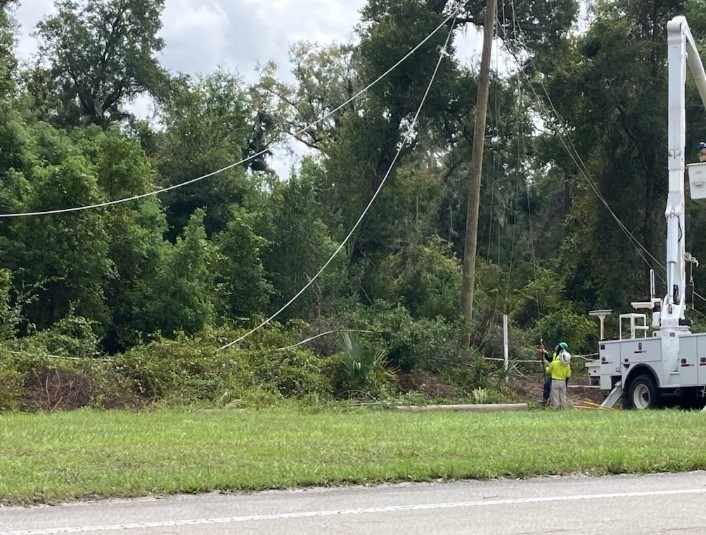Florida has passed new state laws and legislation at the start of the 23-24 school year that have stirred up some controversial topics. At the beginning of the 23-24 school year a majority of students were shocked and outraged at the new laws and policies in place in the state of Florida. “Districts must develop a process for a parent to specify any deviation from the child’s legal name in school” according to this it means students are not allowed to be called by a nickname unless there is written consent by a parent or legal guardian, this caused some confusion among students in the beginning of the year. “Each school board must make a policy for educational records which must include: Provisions for parents to specify the use of any deviation from their child’s legal name in school.’’ School districts will create a form to get parental consent along with any required documentation, as appropriate. Any student who desires to go by a nickname must have written consent from parents to do so. An SCPS form has been created and will be distributed to schools with instructions on how to apply this in schools without breaking the new policies in place. Statue (s. 1000.071, F.S) states “Shall not violate s. 1000.071, F.S., which relates to the use of personal titles and pronouns in educational institutions.” Without the signed consent form from parent/guardian, staff are required to use the legal name of the student as listed in Skyward.
“It shall be the policy of every public K-12 educational institution that is provided or authorized by the Constitution and laws of Florida that a person’s sex is an immutable biological trait and that it is false to ascribe to a person a pronoun that does not correspond to such person’s sex.” In other words, the new policies in place require staff and students to use the pronouns according to their gender, not necessarily by their choice..
“Students and staff shall not violate s. 553.865(9)(b), F.S., which relates to entering restrooms and changing facilities designated for the opposite sex on the premises of an educational institution.” Under (*s. 553.865(9)(b), F.S) students and staff can not use restroom facilities opposite of their biological sex which has stirred up some disputes amongst students. These rules were made to ensure the health, safety, and welfare of the child, be consistent with the Parent’s Bill of Rights, protect the privacy of educational records, as well as the privacy interests of all students and parents, and provide parental notification. Schools will need to develop consistent practices for following these new laws and policies.








